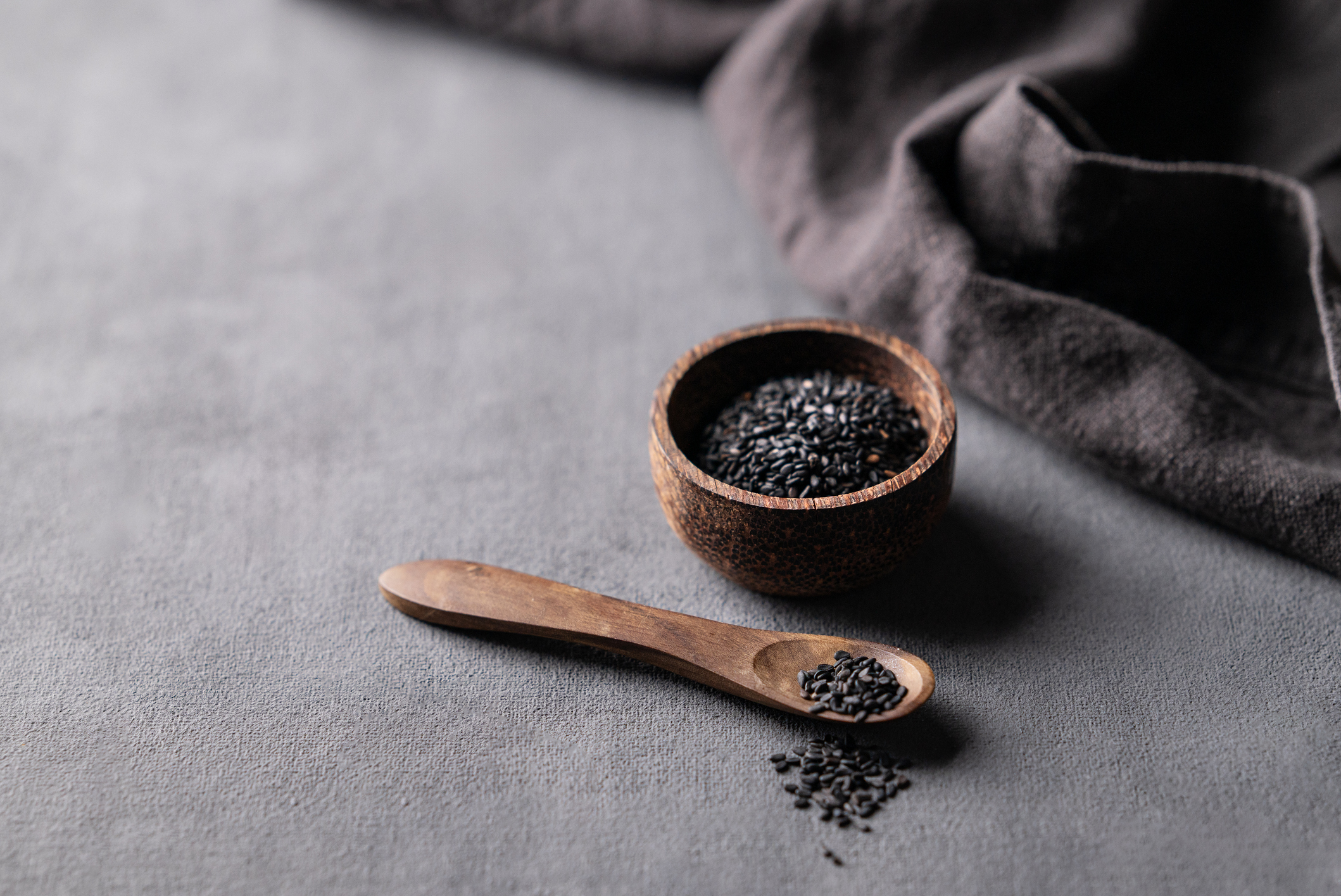

If you’ve been to the doctor lately, you’ve probably had your cholesterol tested.
After all, lowering cholesterol numbers is big business for doctors and the pharmaceutical companies that offer them so many perks.
It’s why they push statins like vitamins.
It’s also why they ignore the numerous side effects that come with these drugs, which include everything from raising your risk of diabetes and cataracts to accelerating the onset of Parkinson’s and doubling dementia risk.
Luckily, statins aren’t the only way to improve your cholesterol numbers.
There’s an ancient seed that’s been found that can offer significant improvements in cholesterol, without that laundry list of side effects.
The history of Nigella sativa
The Nigella sativa plant, famous for its black seed, grows on a small shrub with green leaves and white and purplish flowers.
Although you can find the plant growing across the world, its origins are believed to be in North Africa and Asia.
In fact, Egyptian Kings and Queens treasured the oil pressed from the seed as a remedy that offered whole-body protection, calling it the Pharaoh’s Oil. And history shows it was so popular it was mentioned in the bible and King Tut wanted to be buried with it for use in the afterlife.
The reason black seed, also called black cumin seed, is so treasured is thanks to its bioactive components, especially thymoquinone and thymohydroquinone.
Because of the therapeutic potential of these natural actives, studies have been done on Nigella sativa to see how it can improve blood sugar, weight, immune function, and liver and kidney protection. It has also been investigated as a way to reduce spasms, relieve pain and fight off germs and infections — and much more.
And of course, researchers have been extremely interested in the seed’s effect on cholesterol.
Study after study shows cholesterol benefits
So what have they found?
Let’s break down the research…
One study asked sedentary overweight women to take either a placebo or 2,000 mg of Nigella sativa for eight weeks while also participating in an aerobics training program.
The results showed the group supplementing Nigella sativa experienced:
- A five percent increase in HDL levels (good cholesterol)
- A decrease in total cholesterol levels of five percent or greater
- A reduction in LDL cholesterol of up to seven percent (the bad cholesterol)
- An eight to 16 percent reduction in triglyceride levels
Additional studies have demonstrated that:
- In people with metabolic syndrome, black seed oil significantly elevated blood HDL and lowered LDL.
- In patients with high cholesterol, 1,000 mg of the oil per day for two months before breakfast lowered total cholesterol, LDL and triglycerides, while increasing HDL.
- When comparing statin use versus Nigella sativa plus statins in people with acute coronary syndrome total cholesterol, LDL and triglycerides were considerably lower when adding in the oil than in the statin alone group.
- In men with cholesterol problems and high blood pressure taking either a placebo or 100/200 mg of black seed oil two times daily, researchers found nigella sativa improved all cholesterol numbers. They saw more improvements as the dose went up.
That’s a lot of research pointing to one thing…
Nigella sativa or black seed oil could be the secret to improving cholesterol naturally.
Even though the seed is a spice, and surprisingly popular in Mediterranean cooking, it’s easier to find it in supplement form.
Sources:
The Effects of 8-week Nigella sativa Supplementation and Aerobic Training on Lipid Profile and VO2 max in Sedentary Overweight Females — NCBI
A review on hypo-cholesterolemic activity of Nigella sativa seeds and its extracts — NIH
Using Black Seed to Lower Cholesterol — Verywell health

